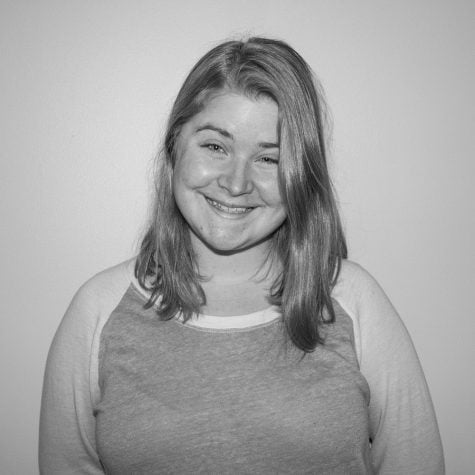The presidential search was just that: a search. A question. An unknown. In itself a mystery, it’s no wonder that the entire ordeal seemed hushed and under-explained on campus.
Though more communication would have helped ease people’s concerns, confidentiality on behalf of the candidates was necessary and important for the presidential search.
For a high-profile position like the president of a college, confidentiality is expected for many reasons. Candidates could get into trouble with current employers or risk harming their reputation if they don’t receive the position. Increased circulation of information and more transparency also would have overwhelmed the dialogue and possibly intimidated candidates from applying.
“The confidentiality was intended to protect the candidates, not exclude the community,” said Kami Rowan, associate professor of music and member of the search committee. “By respecting the candidates’ privacy, it made the search a pure process with integrity.”
One issue of transparency we fortunately didn’t have to deal with was private interviews for the final candidates, which they had the right to request. In this regard, the community was downright lucky, as the ability for students and faculty to access and give feedback on the candidates was not always a given.
With a highly-representative search committee — including students, faculty and board of trustees members — the community was able make sure their input was heard throughout the year as well. Online surveys were also sent out to gain feedback on what people wanted out of the candidates.
“The community had a lot of access in the final process and a lot more than is typically done at other institutions,” said Dave Dobson, professor of geology and earth sciences and a member of the committee.
At this point, the committee can still only discuss a few details about the process and can’t give further information about candidates, according to Jessica Hilliard, CCE junior and committee member. Throughout the year, committee members were only able to discuss certain aspects of the search process and could not reveal any personal details about the candidates.
“We would all want to be given that respect,” Hilliard said. “What you have to think about is this: if I applied for a job, would I want them to tell everyone that I didn’t get it?”
The process could have been aided by having more student and faculty sessions and an extended final interview process. Many students were unable to make the 11 a.m. student sessions, as they had class or were busy during this time.
More communication about why the confidentiality was necessary and increased updates throughout the year about the process would have helped placate the feelings of suspicion and secrecy that went along with the search.
“It wasn’t very transparent, but the president is a pretty important position, and I don’t know if transparency would have been efficient,” junior Jon Macemore said. “I think it would have dragged on the process.”
Though it wasn’t the most open process, the presidential search was effective and legitimate. Hopefully, though, the mystery will be revealed soon.







